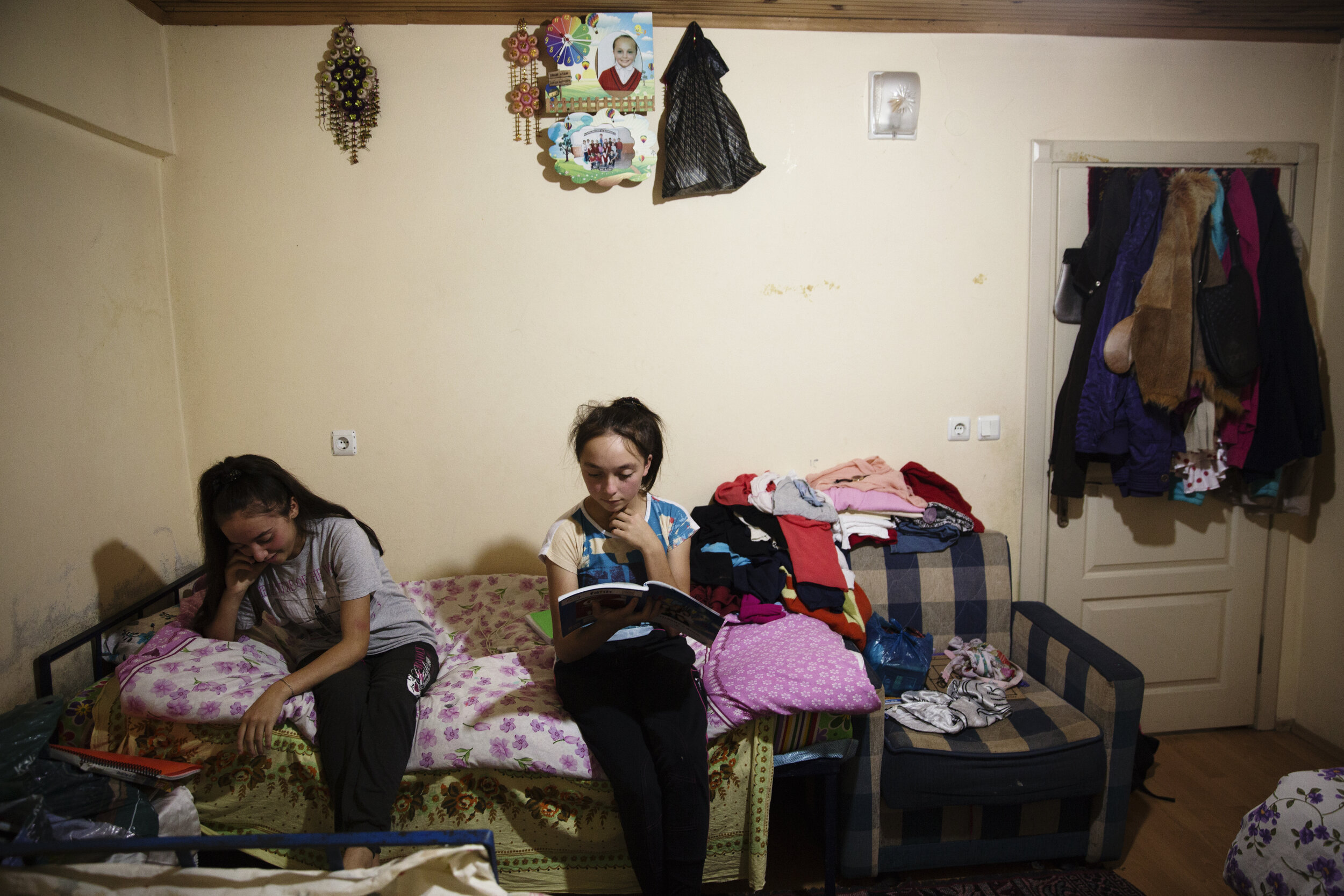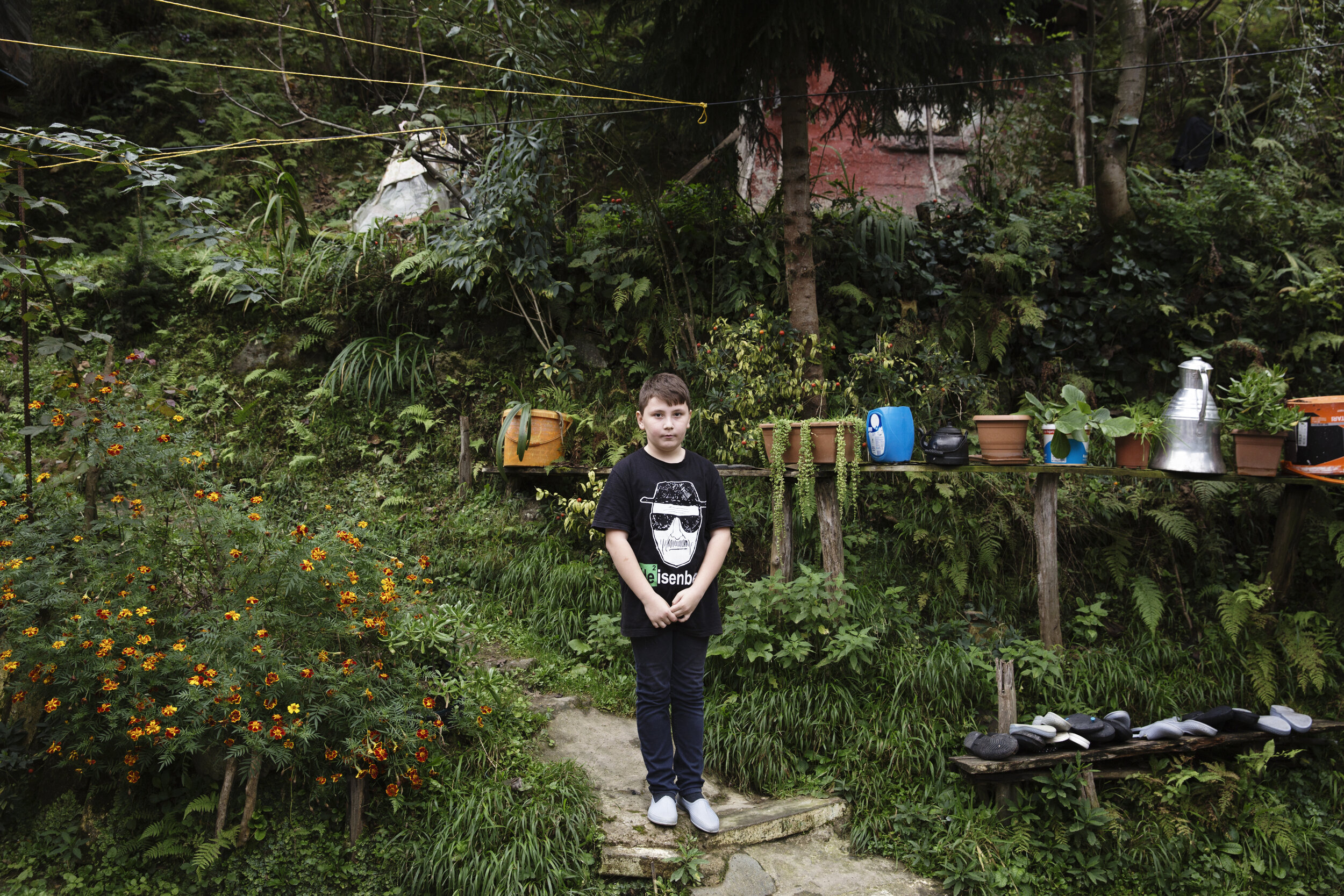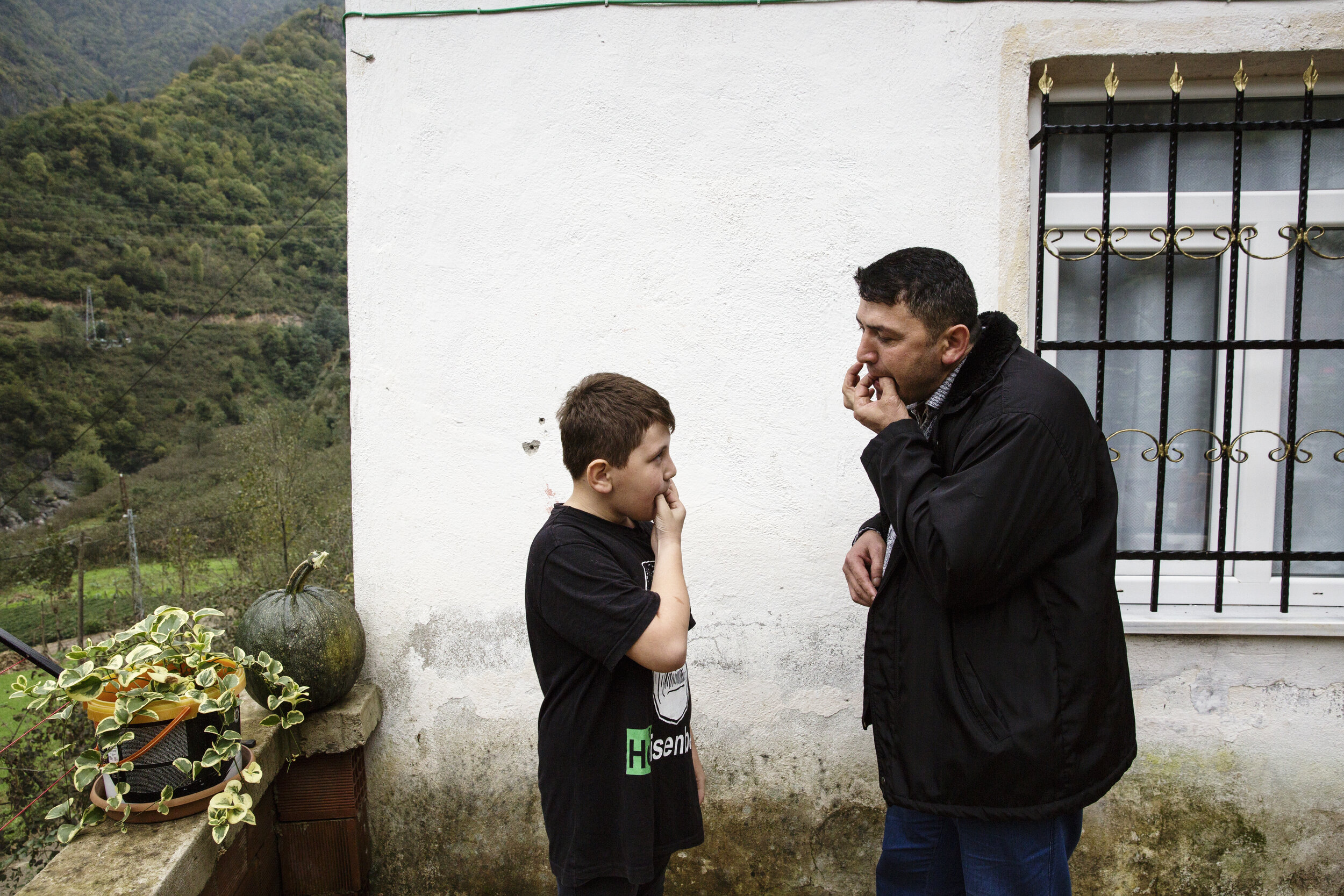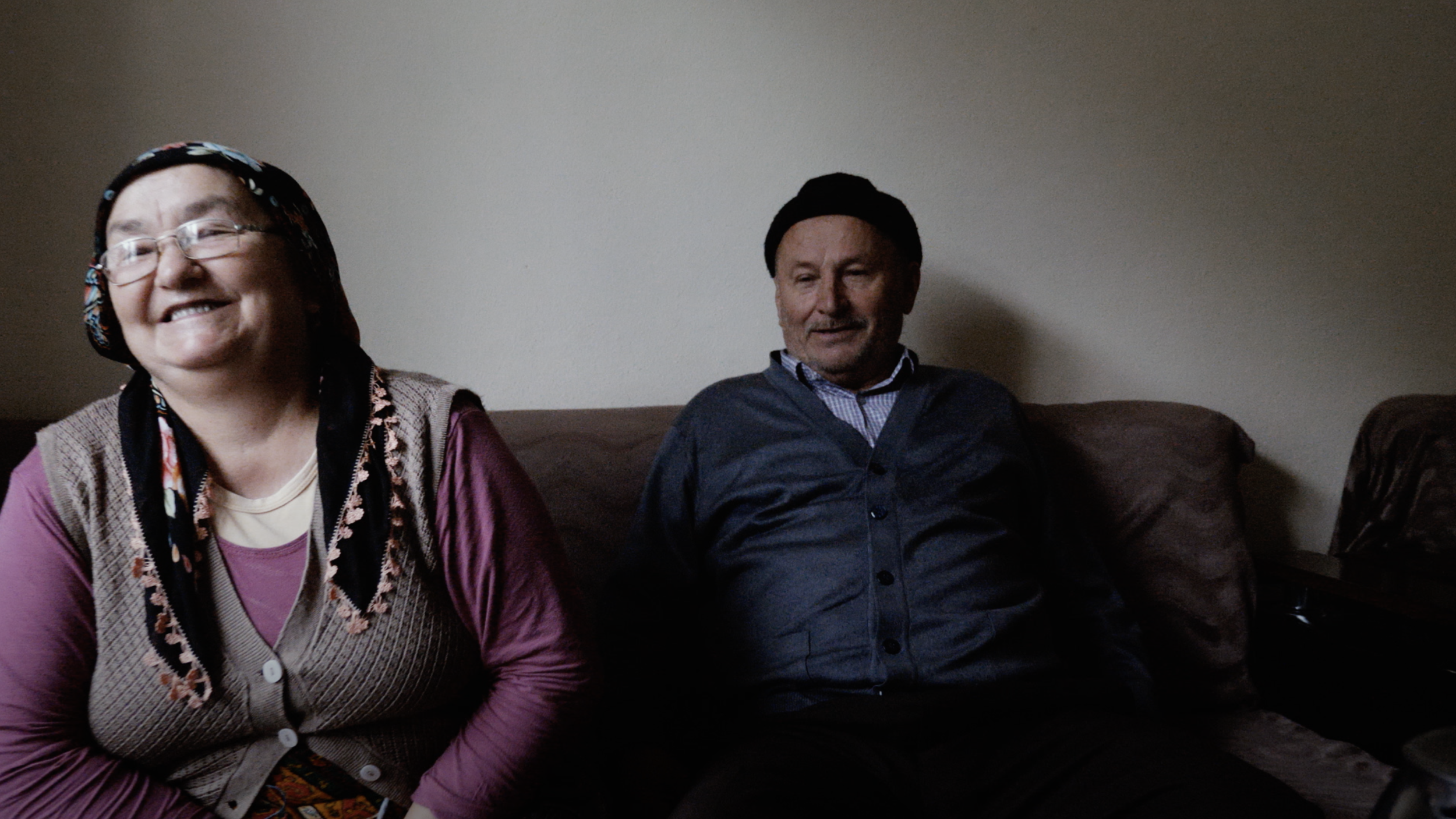Before cellphones, Turkish “bird language” allowed farmers to communicate across long distances in the Pontic Mountains. Muazzez Kocek, 46, is considered one of the best whistlers in Kuşköy, a village tucked away in the picturesque Pontic Mountains in Turkey’s northern Giresun province. Her whistle can be heard over the area’s vast tea fields and hazelnut orchards, several miles farther than a person’s voice. When President Recep Tayyip Erdogan of Turkey visited Kuşköy in 2012, she greeted him and proudly whistled, “Welcome to our village!”
She uses kuş dili, or “bird language,” which transforms the full Turkish vocabulary into varied-pitch frequencies and melodic lines. For hundreds of years, this whistled form of communication has been a critical for the farming community in the region, allowing complex conversations over long distances and facilitating animal herding.
Today, there are about 10,000 people in the larger region that speak it, but because of the increased use of cellphones, which remove the need for a voice to carry over great distances, that number is dwindling. The language is at risk of dying out.
“This is our heritage. We have to protect it and continue using it,” said Ms. Kocek.”




EFE CIVELEK,10, son of Organ Civelek, who teaches bird language to children during summers. His father says that he’s good with words but struggles with full sentences.
FATMA KOCEK, says she still uses whistling when calling on her friends, but it’s gotten harder for her recent years because she has lost some of her teeth and struggles with pronunciation of certain sounds. Ms. Kocek says everybody here can understand whistling but not too many people still use it. “Instead they just go for their pocket and pull out their phone,” she said.








